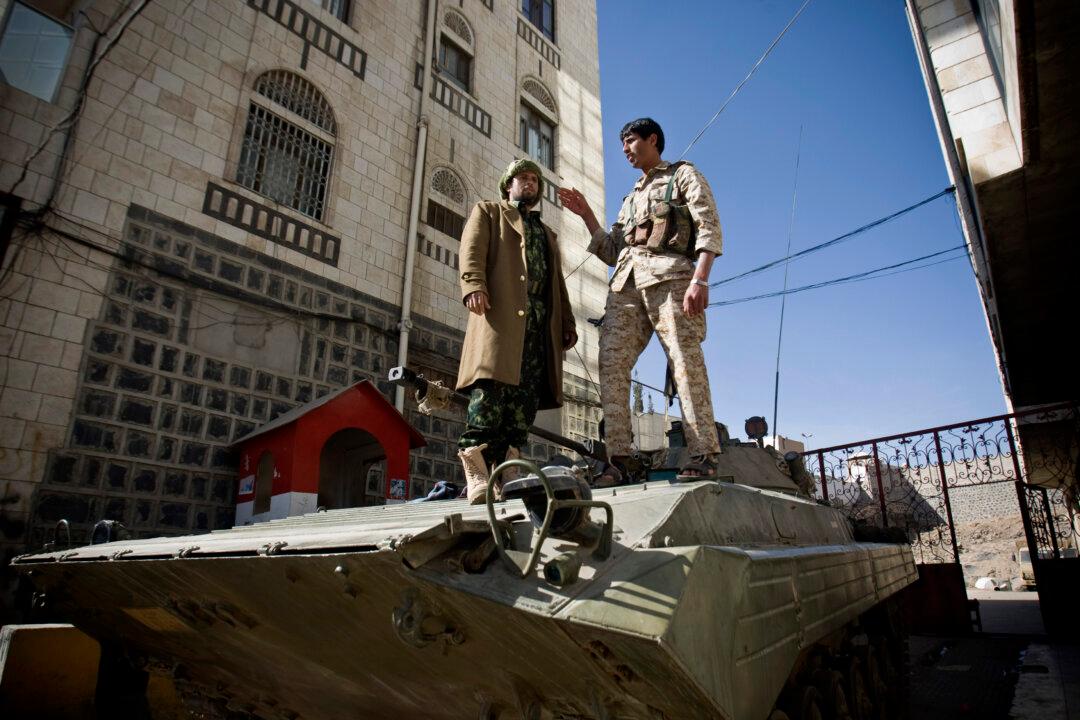Yemen’s government has been perpetually in a state of unrest--especially since the Arab Spring protests in 2011--and while it’s the poorest country in the Middle East, it has significant geopolitical implications.
On Thursday, Yemen’s Prime Minister Khalid Bahah and President Abd-Rabbu Mansour Hadi resigned after several days worth of attacks on the presidential palace at the hands of Shiite Houthi militants. The Houthis also reportedly welcomed concessions by the government but the group still controls a huge chunk of the country.
So who cares? Yemen is thousands of miles from the United States and Europe.





